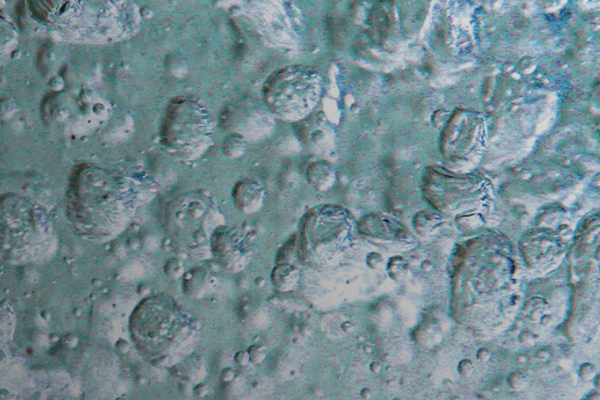
FreeHydroCells (project ID: 101084261), a multi-partner, European consortium, led by University College Cork (UCC) at Tyndall National Institute and the School of Chemistry, has received nearly €3.75 million in Horizon Europe research funding for 3 years of exploratory science and technology activity.
The project aims to contribute to renewable energy technology development to support a faster transition to a net-zero greenhouse gas emissions in the EU economy by 2050.
The inspiration for the novel concept driving the FreeHydroCells project comes from the combined need to absorb as much solar energy as possible in a materials system, while at the same time making sure the clean solar energy can be used productively by humans with minimal loss, in this case to make hydrogen fuel.

This idea has functional connotations to a leaf during photosynthesis, since it also absorbs solar energy and water (hydrogen, oxygen) to produce organic growth for plant life, while releasing some of the oxygen as a benign gas by-product. While these processes are very different, the use of solar energy and water to convert the solar energy into another productive form for the user is alike.
To achieve this, some of FreeHydroCell’s core project objectives include:
- Developing disruptive methods to overcome the problems and limitations of the present state-of-the-art in photoelectrochemical (PEC) energy harvesting and molecular hydrogen generation.
- Identifying novel, abundant, sustainable and emerging alternative semiconductor material combinations to use in new manufacturing-compatible and low-cost processes, coupled with new scientific engineering methods to maximise energy absorption and minimise conversion loss. These are project cornerstones to move beyond the current state-of-the-art solar-to-hydrogen (STH) efficiency levels.
- Driving the energy harvesting and hydrogen generation by employing built-in electric fields, with an ultimate goal of removing the need for an external power source.
FreeHydroCells is a high-risk/high reward project, as requested by Horizon Europe. If fully successful, the project could provide a low-cost, efficient, modular solar-to-chemical energy cell in a novel buried many-junction photoelectrochemical system design that has the potential to significantly impact the global energy supply market and assist in urgently needed climate action.
The consortium includes four teams from across UCC at Tyndall National Institute and the School of Chemistry, who will collaborate with organisations from across Europe, including the Commissariat a l’Energie Atomique et aux Energie Alternatives (CEA), France; Rheinisch-Westfaelische Technische Hochschule Aachen (RWTH), Germany; Consiglio Nazionale delle Ricerche (CNR), Italy; Gesellschaft fur Angewandte Mikro und Optoelektronik mit Beschrankterhaftung GmbH (AMO), Germany; and BARDS Acoustic Science Labs (BARDS), Ireland. UCC Academy will support the project as the consortium’s research project management and communications partner.
The FreeHydroCells project launched on 1st November 2022 and will run until February 2026. For more information about the project, contact freehydrocells@ucc.ie or follow them on Twitter.

